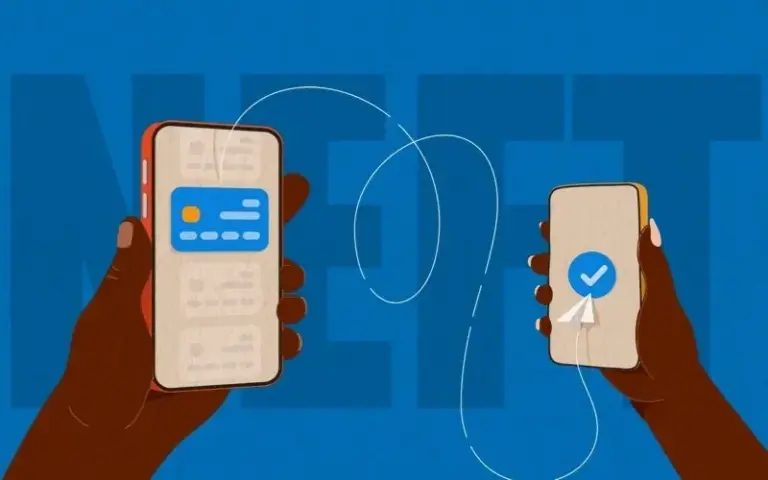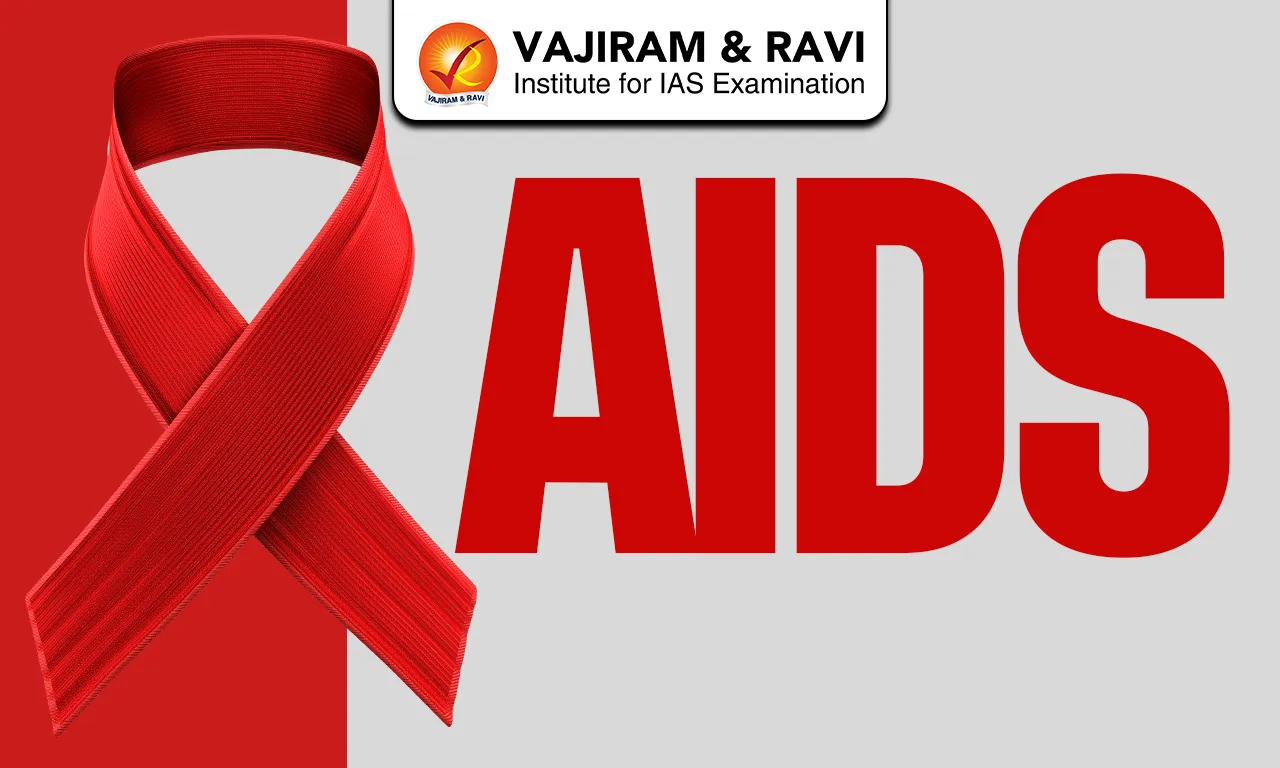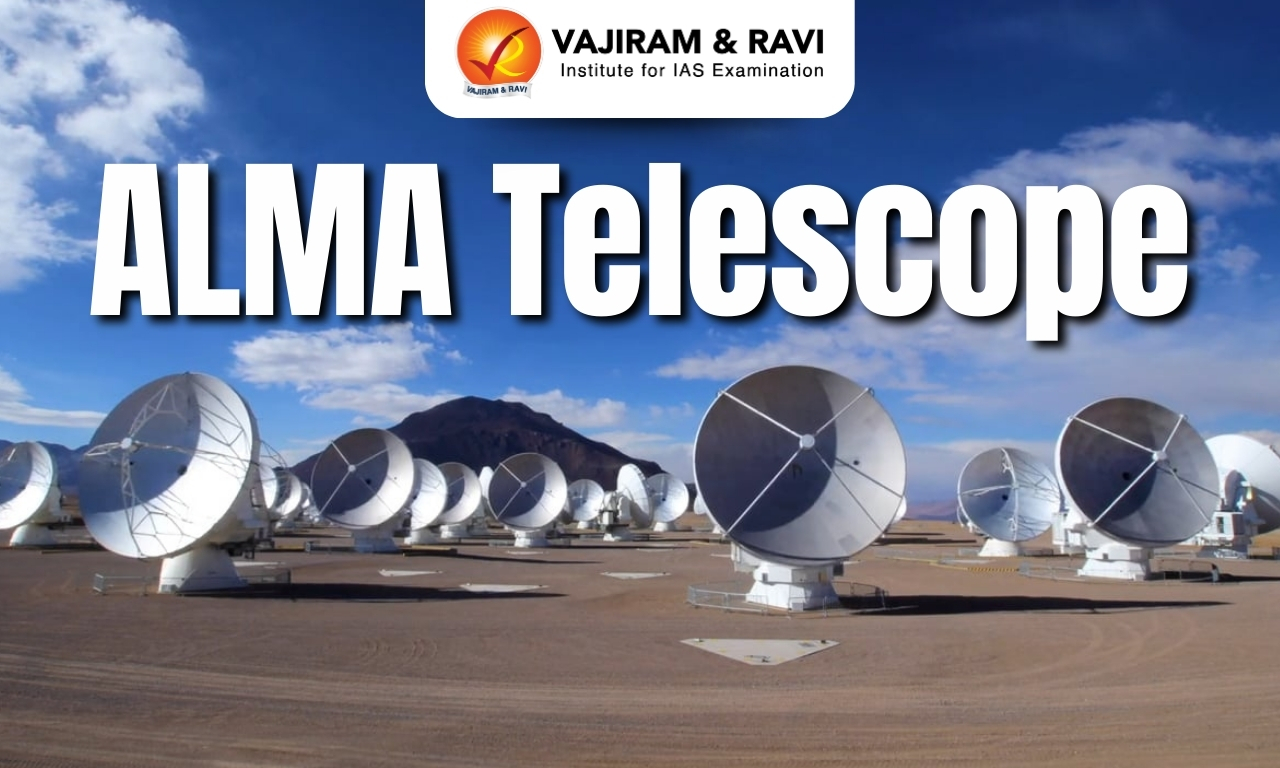About National Electronic Fund Transfer (NEFT)
- NEFT is a nation-wide centralised payment system owned and operated by the Reserve Bank of India (RBI).
- It is an electronic method of transferring money online.
- Most Indian banks provide the NEFT feature on internet banking and mobile banking.
- It enables transferring funds from the account maintained with any bank to any other bank branch, provided the transaction is attempted between the banks that participate in the NEFT payment system.
- Organisations, companies, and individuals can use it to transfer funds from one bank account to another.
- As per Reserve Bank of India (RBI) guidelines, the payments made via NEFT are processed and settled in half-hourly batches.
- Minimum Transfer Value: Rs. 1
- Maximum transfer value: No limit
- NEFT offers the following advantages for funds transfer or receipt:
- Round-the-clock availability on all days of the year.
- Near-real-time funds transfer to the beneficiary account and settlement in a secure manner.
- Pan-India coverage through large network of branches of all types of banks.
- The beneficiary need not visit a bank branch for depositing the paper instruments. Remitter can initiate the remittances from his / her home / place of work using internet banking, if his / her bank offers such a service.
- Positive confirmation to the remitter by SMS / e-mail on credit to beneficiary account.
- Penal interest provision for delay in credit or return of transactions.
- No levy of charges by RBI from banks.
- No charges to savings bank account customers for online NEFT transactions.
- The transaction charges have been capped by the RBI.
- Besides fund transfers, NEFT system can be used for a variety of transactions, including the payment of credit card dues to the card issuing banks, payment of loan EMIs, inward foreign exchange remittances, etc.
- The transaction has legal backing.
- Available for one-way funds transfers from India to Nepal.
Q1) What is Real-time Gross Settlement (RTGS)?
It is a payment mode where the money is transferred from one bank account to the other in real-time, without any delay. It is mostly used for transactions of high value. When using the banking method, RTGS is the fastest possible way to transfer money. Transactions made through RTGS are processed on a one-to-one basis. RTGS transactions can be performed 24*7.
Source: NEFT sees highest-ever daily transactions at 4.10 crore
Last updated on March, 2026
→ UPSC Notification 2026 is now out on the official website at upsconline.nic.in.
→ UPSC IFoS Notification 2026 is now out on the official website at upsconline.nic.in.
→ UPSC Calendar 2026 has been released.
→ UPSC Final Result 2025 is expected to be released soon.
→ Check out the latest UPSC Syllabus 2026 here.
→ Join Vajiram & Ravi’s Interview Guidance Programme for expert help to crack your final UPSC stage.
→ UPSC Mains Result 2025 is now out.
→ UPSC Prelims 2026 will be conducted on 24th May, 2026 & UPSC Mains 2026 will be conducted on 21st August 2026.
→ The UPSC Selection Process is of 3 stages-Prelims, Mains and Interview.
→ Prepare effectively with Vajiram & Ravi’s UPSC Prelims Test Series 2026 featuring full-length mock tests, detailed solutions, and performance analysis.
→ Enroll in Vajiram & Ravi’s UPSC Mains Test Series 2026 for structured answer writing practice, expert evaluation, and exam-oriented feedback.
→ Join Vajiram & Ravi’s Best UPSC Mentorship Program for personalized guidance, strategy planning, and one-to-one support from experienced mentors.
→ Check UPSC Marksheet 2024 Here.
→ UPSC Toppers List 2024 is released now. Shakti Dubey is UPSC AIR 1 2024 Topper.
→ Also check Best UPSC Coaching in India


















